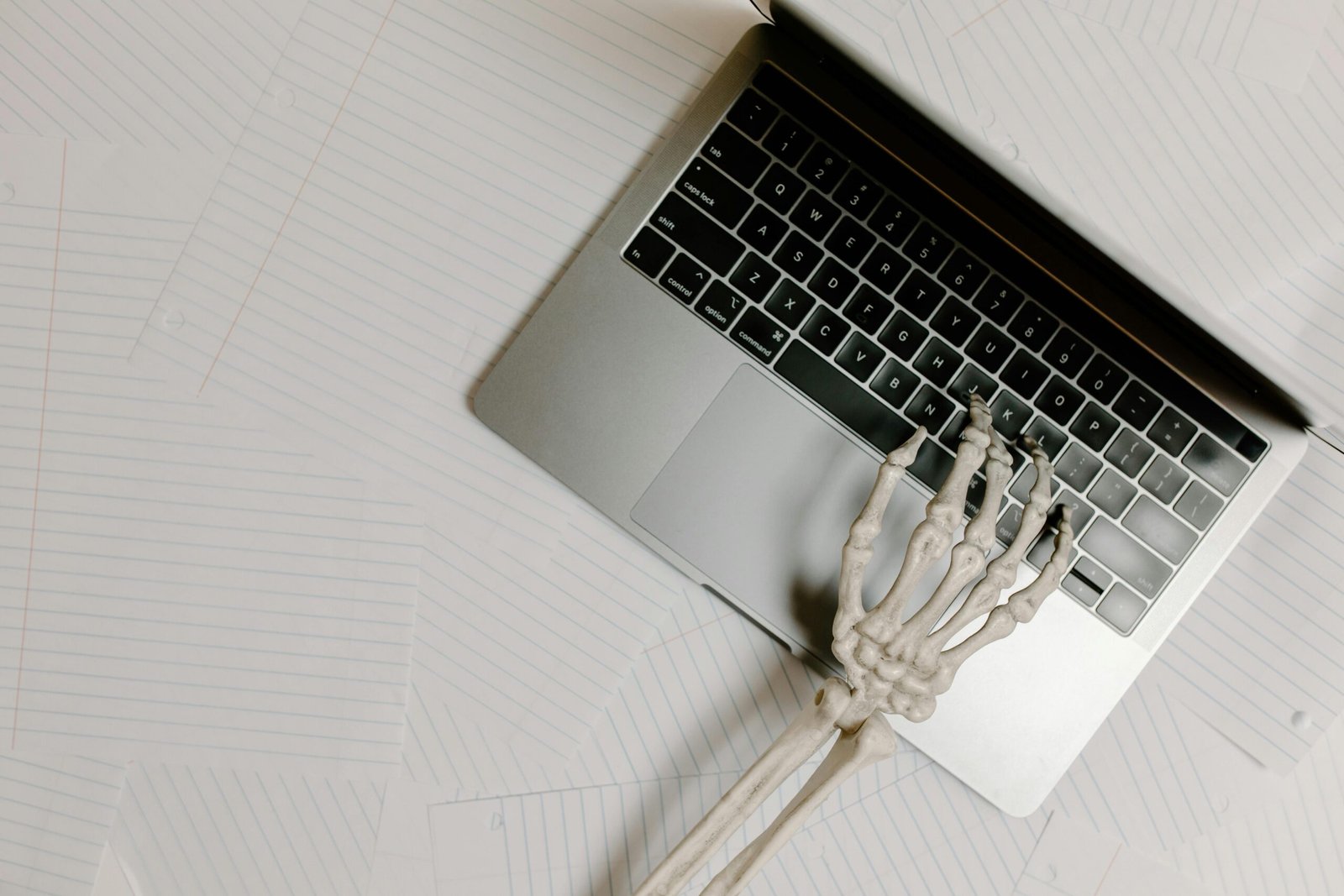
Photo Credit ( Greety image )
The conversation around workplace productivity has been ongoing, but how often do you feel truly productive after a full day? These 10 strategies can help you work smarter, not harder, allowing you to enjoy more free time.
1. Plan Your Week in Advance Start by mapping out your priorities for the upcoming week. By doing so, you’ll set clear goals and schedule dedicated time to achieve them, keeping yourself focused and organized.
2. Structure Your Day Break your week’s goals into manageable daily tasks. Each day should have specific action steps designed to push you closer to achieving your objectives.
3. Limit Email Distractions If you’re serious about getting things done, cut down on constant email checking. Schedule two or three times a day to address your inbox and stick to this routine.
4. Avoid Unnecessary Meetings Meetings can be massive time-wasters. Instead of long discussions, keep meetings short, with clear agendas and essential participants only. Aim to wrap up with a decision within 10 minutes if possible.
5. Take Frequent Breaks Step away from your desk every two hours for a quick walk or stretch. Even better, fit in a 30-minute workout to recharge your energy and maintain focus.
6. Minimize Phone Calls Opt for email or chat as primary communication methods, which allow others to respond when convenient without interrupting your flow.
7. Work from Different Locations If your office environment is full of distractions, try working from a coffee shop or other quiet space. A change of scenery can often boost your focus and creativity.
8. Disconnect from Mobile Distractions During focused work time, ignore phone calls and texts. It takes at least 15 minutes to regain your concentration after an interruption.
9. Reward Yourself for Productivity Use your free time wisely! Once you’ve completed tasks efficiently, don’t just move to the next work item—reward yourself by doing something fun and recharging.
10. Know Your Peak Productivity Hours Track when you feel most alert and focused, and plan your complex tasks during those windows. Aligning your work with your natural energy peaks can significantly boost output. Implementing even a few of these strategies can help you transition into a more balanced lifestyle—one where you work less and enjoy more.


